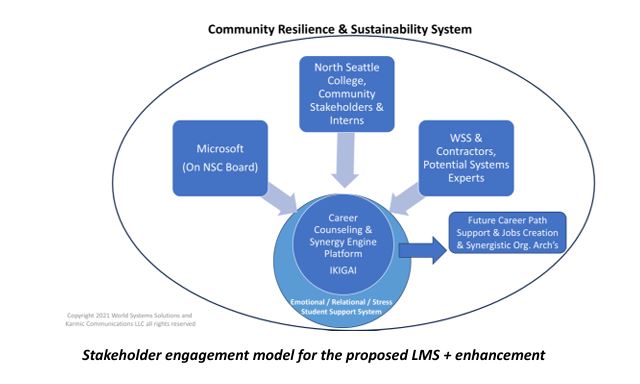Here are some thoughts based on over a decade of experience in academia. I’ll focus on the education rather than the research function of universities, following the discussion so far.
Separating Teaching from Credentialing
First, I would like to see a debate about separating the teaching and credentialing aspects of higher education. Currently, universities bundle these functions together, but this coupling creates conflicts of interest that undermine actual learning.
In my personal experience, the conflicts of interest are quite severe. Students naturally worry about exams and credentialing. The institution that teaches is also the one that evaluates, facing pressure to maintain pass rates and satisfaction scores. This creates an environment where dilution of standards and grade inflation become widespread.
Consider how separation might work: Teaching institutions could focus purely on pedagogy and issue certificates of completion as credible signals that students engaged with the learning process through attendance, formative assessments, and practicum hours. Meanwhile, independent credentialing organizations could develop rigorous assessments of actual competence. This unbundling is already happening informally as students supplement formal education with online courses while employers develop their own assessment methods, having lost faith in what traditional credentials signal.
Course-Level Unbundling
Currently, students are forced to take all their courses from the same university, another problematic bundle. Once enrolled, you’re locked into that institution’s offerings regardless of quality variations across courses and departments. This would be unthinkable in any other market. Students should be able to mix and match, both in-person and online, forcing teaching institutions to be excellent at every course.
This would enable smaller, specialized institutions to emerge, focusing on just a few courses and doing them exceptionally well. Imagine “The Linear Algebra Institute” that has perfected a single introductory course through thousands of iterations. That professor who’s been phoning in Economics 101 for two decades would suddenly face competition from someone who’s built their entire career around delivering an exceptional introductory economics experience. The technology already exists to make this seamless. The barriers are entirely institutional and regulatory.
Credential Granularity
Another perverse aspect of the current system is the sheepskin effect: three and a half years of education counts for almost nothing in the job market, while four years gets you the full credential. A better system would have micro-credentials that could add up to bigger credentials over time. Each course, each demonstrated competency, would have value in itself. People might find that two years of higher education is enough to get them started in certain careers, returning later for specific competencies as needed.
This granular approach would reduce the catastrophic consequences of not completing a traditional degree. Someone who completes 90% of a program would have a portfolio of validated competencies that still hold value, rather than nothing to show for their effort and expense.
Final Thoughts
These changes would create genuine competition at the course level and allow radically different pedagogical approaches to coexist. Most importantly, this system could de-emphasize prestige in favor of substance. When students are no longer associated with a single university, the focus shifts from “where did you go?” to “what can you do?” A motivated student could assemble a world-class education from the best providers in each domain, potentially at a fraction of the cost of a prestigious degree.
The unbundled system would reveal what actually has value: perhaps certain employers don’t value credentials after all, preferring demonstrated skills or work samples. Less helpful aspects would naturally fall away when forced to justify their existence in a competitive market.
I recognize that the barriers are formidable, as this model would profoundly disrupt established universities. Accreditation bodies, credit transfer restrictions, and financial aid structures are all built around the bundled approach. Yet the enabling technology already exists, student and employer demand is clearly growing, and the current system’s shortcomings are becoming impossible to ignore.
